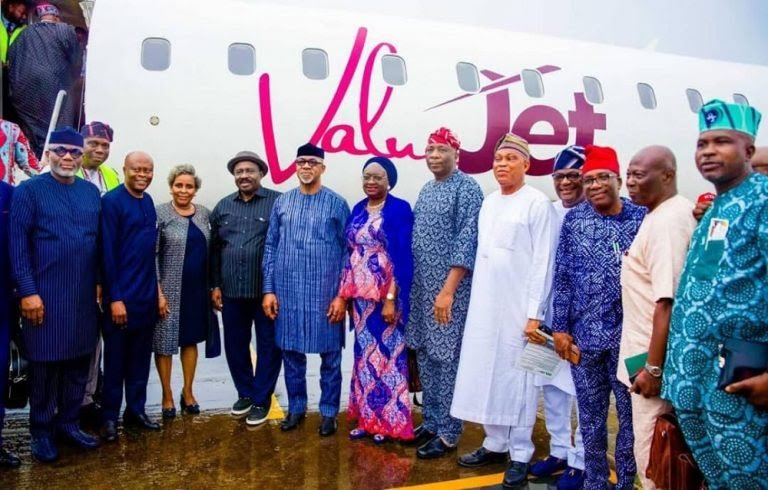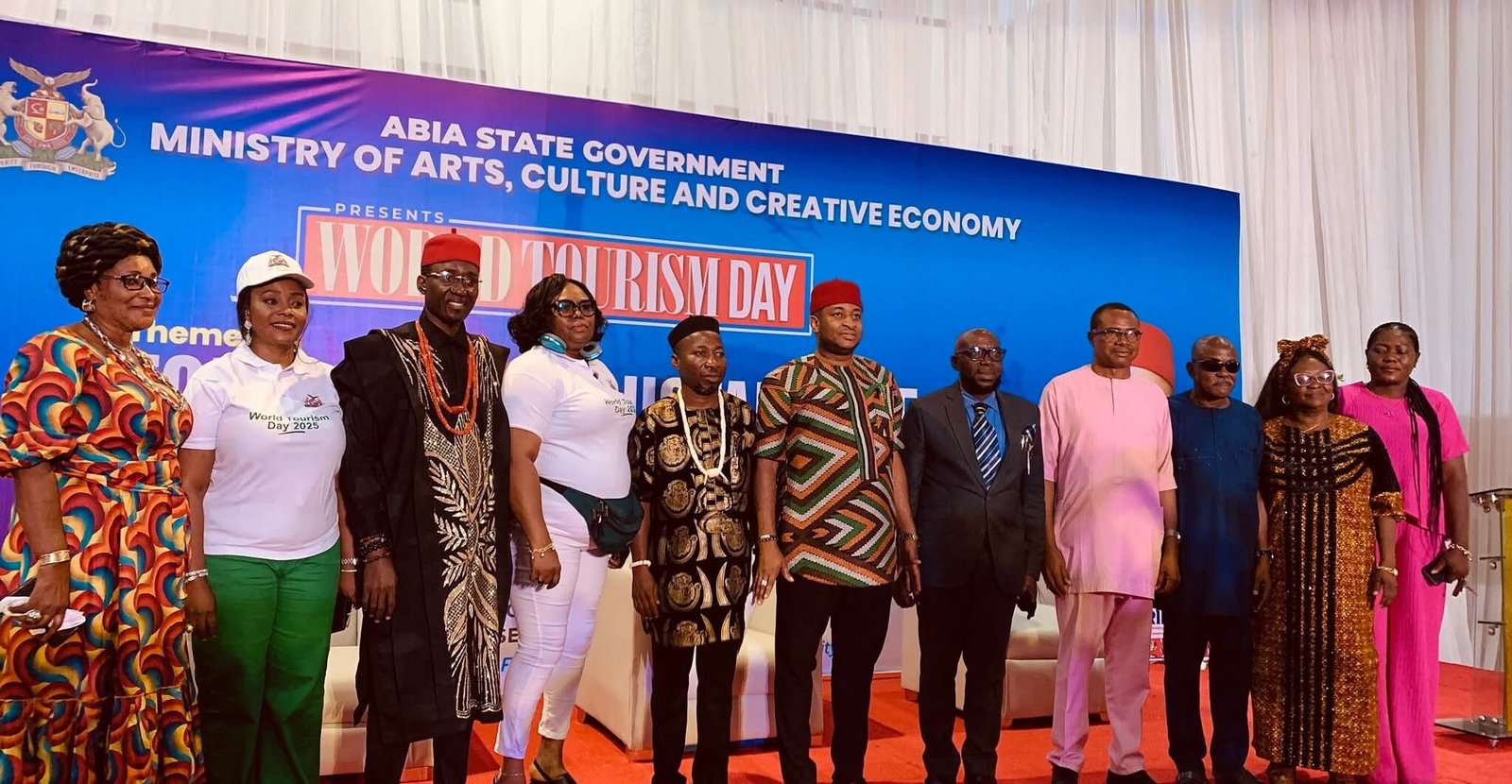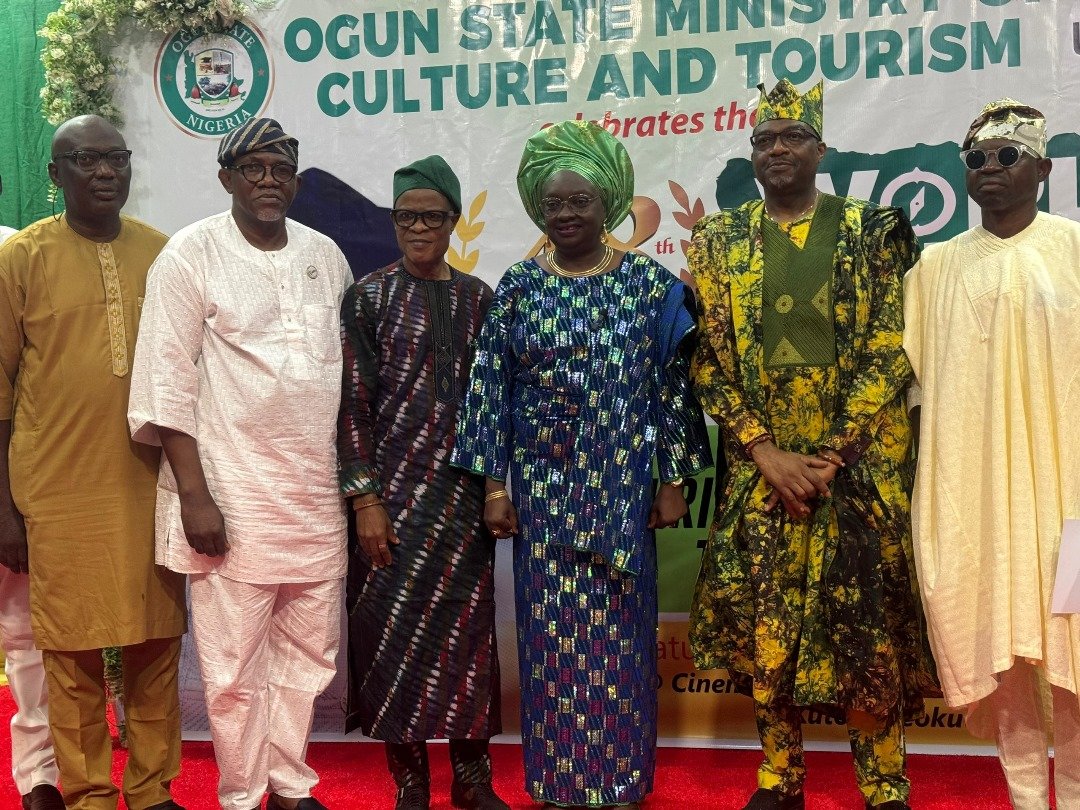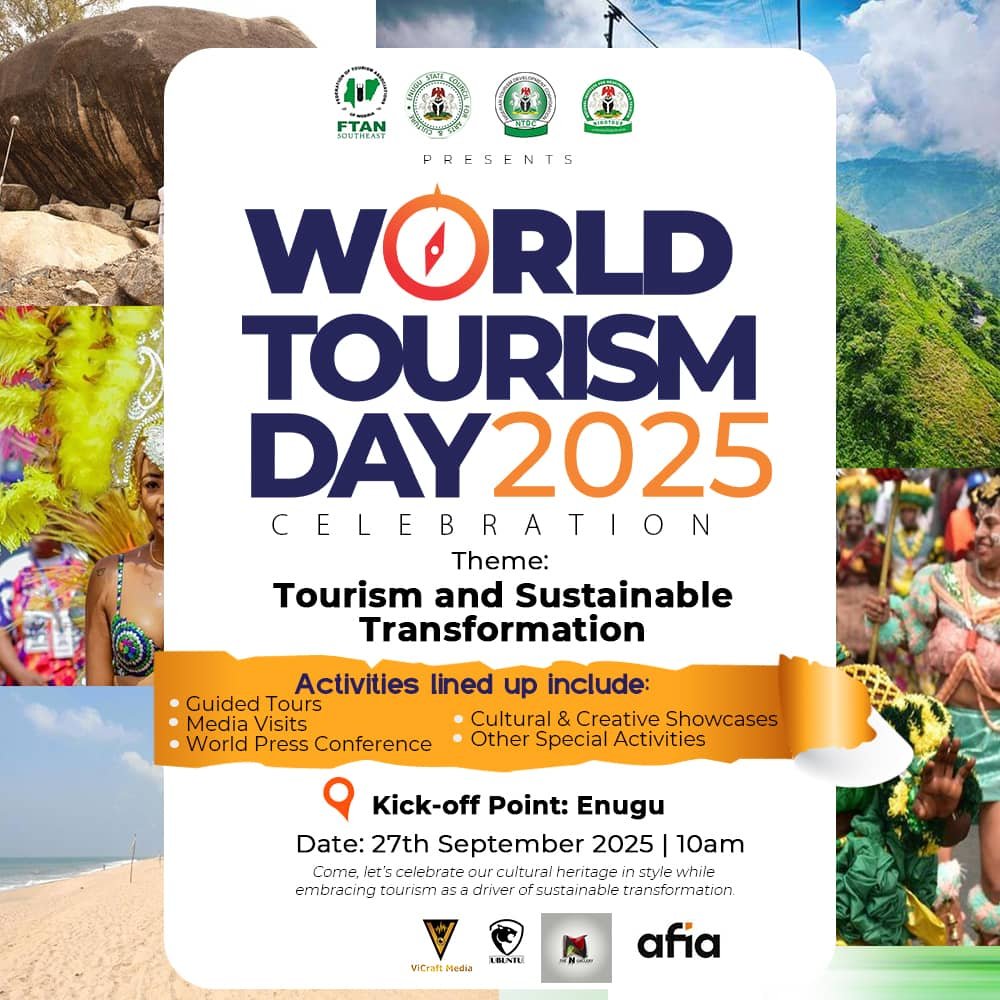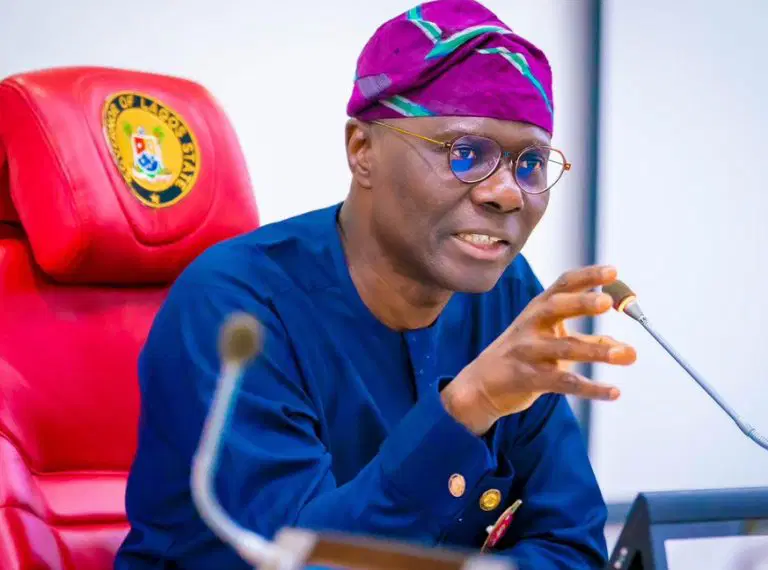
Lagos State is preparing to host one of the largest tourism exhibitions in West Africa, an event expected to attract more than 15,000 stakeholders from across the globe. The exhibition, which will bring together government representatives, investors, operators, travel agencies, and industry professionals, is being positioned as a landmark opportunity to reposition Nigeria as a central hub for tourism, culture, and business.
Organizers say the exhibition will not only serve as a showcase for Nigeria’s rich tourism potential but also provide a platform for networking, deal-making, and policy discussions that could influence the future of the sector. With participants expected from Europe, Asia, the Americas, and across Africa, the exhibition promises to spotlight Lagos as a city capable of hosting large-scale international events.
Boosting Nigeria’s Tourism Potential
Tourism experts have long argued that Nigeria’s cultural diversity, natural attractions, and creative industries remain underutilized. The Lagos exhibition is being seen as an opportunity to shift this narrative, showing both domestic and foreign investors that the country has enormous potential beyond oil and gas.
Speaking on the forthcoming event, a senior official from the Lagos State Ministry of Tourism noted that the exhibition aligns with the state government’s broader vision to transform Lagos into Africa’s preferred destination for leisure, business, and lifestyle. “Our goal is to demonstrate that Lagos is not only the economic capital of Nigeria but also a city that can compete with global metropolises in culture, entertainment, and hospitality,” he said.
He added that with deliberate investment in infrastructure, improved security, and the promotion of cultural assets, Nigeria could increase its share of Africa’s tourism revenue.
Participation from Global and Local Stakeholders
Over 15,000 delegates are expected to attend the exhibition, including policymakers, investors, hoteliers, airlines, tour operators, and representatives of international tourism boards. For local businesses, the event will be a rare opportunity to connect with global players who can bring fresh partnerships, financing, and exposure.
Domestic airlines, hotels, restaurants, and transport providers are also expected to benefit significantly from the influx of visitors during the exhibition. According to analysts, the multiplier effect of such an event could boost Lagos’ hospitality industry, create jobs, and strengthen the state’s standing as a prime destination for conferences and exhibitions.
Tourism as an Economic Driver
The United Nations World Tourism Organization (UNWTO) estimates that tourism is one of the fastest-growing industries worldwide, contributing nearly 10% of global GDP before the COVID-19 pandemic. Nigeria, however, has yet to fully tap into this opportunity.
With events like the Lagos exhibition, stakeholders believe the country can attract foreign exchange, expand its creative economy, and promote domestic tourism. “Tourism has the potential to create sustainable jobs, especially for young people and women. It is also a powerful tool for cultural diplomacy,” said a tourism analyst ahead of the exhibition.
Government’s Commitment
The Lagos State Government has reiterated its commitment to ensuring the success of the event. State agencies are working with organizers to provide seamless logistics, security, and infrastructure support. The government is also expected to use the platform to unveil new policies and initiatives aimed at supporting the tourism sector, such as incentives for investors, digital platforms for tour bookings, and promotional campaigns targeting international markets.
Governor Babajide Sanwo-Olu has in recent years emphasized tourism as a key pillar of the state’s development agenda. Under his administration, Lagos has hosted several high-profile cultural and entertainment events, which have drawn global attention. The upcoming tourism exhibition is expected to further consolidate these efforts.
Private Sector Role
Beyond government participation, the private sector is playing a central role in shaping the event. Leading hotel chains, travel agencies, media houses, and airlines are partnering with organizers to ensure maximum visibility and success. Several Nigerian creatives, including fashion designers, filmmakers, and musicians, are also scheduled to participate, reinforcing the connection between tourism and the booming creative economy.
Industry insiders suggest that the exhibition could help bridge the gap between Nigeria’s creative industries and global tourism networks, opening new export opportunities for music, film, and fashion.
Looking Ahead
As the countdown begins, expectations are high that the Lagos tourism exhibition will provide not just a temporary economic boost but also long-term benefits. By showcasing Nigeria’s attractions to a global audience and fostering international partnerships, the event could mark a turning point in the country’s tourism story.
If successful, it may pave the way for Lagos to become a regular host of international exhibitions, firmly placing Nigeria on the global tourism map. For many stakeholders, the message is clear: tourism is no longer just about sightseeing but a strategic industry capable of driving growth, fostering cultural pride, and positioning Lagos as Africa’s gateway city.




